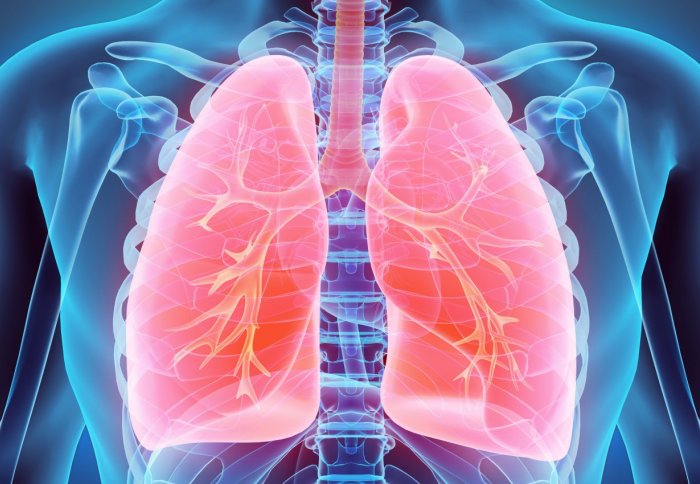Cancer drug could help patients with debilitating cardiovascular condition
by Ryan O'Hare

Generic drug could offer hope for debilitating condition
UK and Canadian scientists have shown how patients with a rare cardiovascular condition could be treated with a drug normally used to treat cancer.
Pulmonary Arterial Hypertension (PAH) is a life-threatening disease that affects the blood vessels of the lung and causes heart failure.
In a paper, published this week in Science Translational Medicine, the team from Imperial College London and the University of Alberta report promising results from an early-phase clinical trial in a small group of patients with PAH already under treatment with approved drugs, as well as lung tissue from PAH patients.
They found that Dichloroacetic acid (DCA) – which has been trialed in tackling brain tumor growth in cancer trials – can decrease the blood pressure in the lungs of patients with the condition and improve their ability to walk.
The researchers say that the study is the first to demonstrate that a key enzyme in the mitochondria – the energy-producing units of cells – is a viable target for drug treatment in humans with PAH.
Narrowing blood vessels
In PAH, mitochondrial activity is disturbed. This affects energy production for cell growth, determining whether a cell grows or is programmed to self-terminate through a process called apoptosis.
For patients with PAH, the abnormal mitochondrial activity means that the cells lining the blood vessels of their lungs continue to grow, avoiding this cellular suicide which normally keeps growth in check. The result is an overgrowth of cells that narrows blood vessels and makes the heart work harder to push blood through.
In the study, researchers studied 20 patients with PAH as well as lung tissue from patients. They found higher levels of an enzyme called Pyruvate Dehydrogenase Kinase or PDK, which is active in mitochondria, in the lungs of PAH patients compared to those without disease. They found that treating patients with DCA, which targets this enzyme and blocks its function, increased the function of the mitochondria.
However, they also found that not all patients responded to the treatment. In this subgroup of patients, they found that variations in genes encoding two mitochondrial proteins caused the mitochondria to be unresponsive to DCA.
Towards new treatments
According to the researchers, the findings could pave the way for new, personalized treatments for patients with the condition. The next stage is to conduct a study targeting genetically susceptible patients with DCA.
Professor Martin Wilkins, from the Department of Medicine at Imperial and co-lead author of the study, said: “This is a great example of precision medicine, where the patients’ genes can be used to predict the effectiveness of a drug in a particular patient.
“This work will be important for the design of future trials,” he added. “It means we could spare patients with these gene variants from being recruited to a study which they may not benefit from. By focusing on patients that have a greater chance of improvement, we can increase the efficiency and decrease the cost of trials.”
Dr Evangelos Michelakis, from the University of Alberta and co-lead author, said: “This is the first time that a drug targeting mitochondria is shown to be effective in patients with PAH.”
The research was supported by the Medical Research Council and the British Heart Foundation. It was also supported by the Canadian Institutes of Health Research, the Heart and Stroke Foundation of Canada, and the Hecht Foundation.
-
‘Inhibition of pyruvate dehydrogenase kinase improves pulmonary arterial hypertension in genetically susceptible patients’ by Michelakis, E et al. is published in Science Translational Medicine.
This article is based on materials provided by the University of Alberta.
Article supporters
Article text (excluding photos or graphics) © Imperial College London.
Photos and graphics subject to third party copyright used with permission or © Imperial College London.
Reporter
Ryan O'Hare
Communications Division